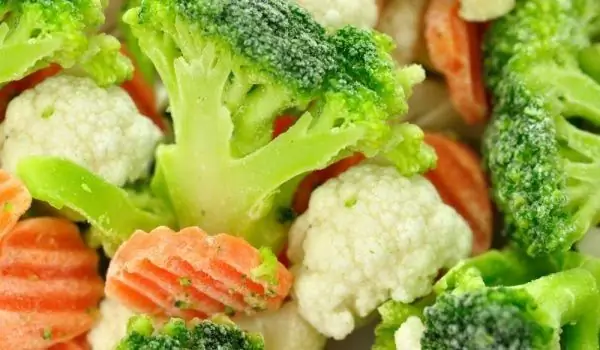2025 Author: Jasmine Walkman | [email protected]. Last modified: 2025-01-23 10:18
Haven't you ever liked a recipe, but with a sigh of resentment ignored it because you understand that you need products that are hard to find or expensive?
With a few tricks you can create analogues of these non-traditional products yourself. Balsamic vinegar, which is the basis for many sauces, is made from special Trebiano grapes from the province of Modena or Reggio Emilia in Italy.
The grape juice is heated until it turns into a dark syrup, then mixed with wine vinegar and left to stand in attics in wooden barrels.
The maturation period of balsamic vinegar is from 3 to 50 years. Instead of expensive balsamic vinegar, you can use wine vinegar, but if you want to bring it closer to the taste of balsamic vinegar, put aromatic herbs and herbs in it. This will give it a refined taste and aroma.

Coconut milk is a creamy liquid obtained by processing the soft part of the coconut - it should not be confused with coconut juice, which is formed in the coconut and is whitish-transparent.
You can replace coconut milk in recipes with plain milk or liquid cream. And if you want to give it a coconut flavor, add coconut shavings.
Mascarpone cream, which is the basis for the preparation of tiramisu and many other desserts, is made from fresh cream, lemon juice or white wine vinegar, which is heated very slowly.
Mascarpone cream is made from the milk of cows that are fed only fresh grass and flowers. Mascarpone is a high-calorie cheese - it contains 450 calories per 100 grams.

In Italy, mascarpone is served as a stand-alone dish, adding fruit, sugar or anchovies, mustard and spices. It is an indispensable base for confectionery creams.
Mascarpone is replaced with cream cheese or a mixture of heavy cream and cottage cheese. Many Italian recipes contain the universal tomato paste sauce.
It is very thick and is used to make tomato soup, meat dishes and a variety of sauces. This sauce can also be prepared at home.
You need one kilogram of tomatoes, one onion, two teaspoons of salt, a bunch of basil. Pour boiling water over the tomatoes, peel them and cut them into small pieces.
Cut the onion and fry it in oil until golden. Add the tomatoes and stew the mixture for 25 minutes. Ten minutes before the sauce is ready, salt it and add the finely chopped basil.
Recommended:
List Of Protected Products Of The European Commission

There are three types of products with a special regulatory regime by the European Commission. These are the protected names of foods according to their origin, products authorized for production only in certain territories and foods of a traditionally specific nature.
Products For Good Digestion

Dried cherries are one of the best friends of good digestion . They are also used in the prevention of heart disease as well as vascular disease. Dried cherries contain organic acids, pectic substances, iron, copper, cobalt, magnesium, vitamins A, C, PP, B vitamins.
Frozen Products

When freezing fresh vegetables, they should be washed, cleaned and pre-blanched in hot water or lightly steamed. This is done to deactivate the enzymes that can change vegetables - to make them tougher and to change their color and taste.
How To Defrost Different Products

There is a lot of detailed information on how to freeze products from a freezer or chamber. Yet hosts are never fully aware of one of the last stages of food storage - thawing. There are several options for defrosting the products depending on their further use:
At What Temperature To Store The Products In The Refrigerator

You probably know how food canning works and what the purpose of the refrigerator is to slow down the growth of bacteria. The purpose of the freezer is to completely stop the growth of bacteria by freezing. We would probably freeze everything if we could, but some foods change drastically when we freeze them - lettuce, strawberries, milk and eggs, and these are just a few of the products that do not freeze.

